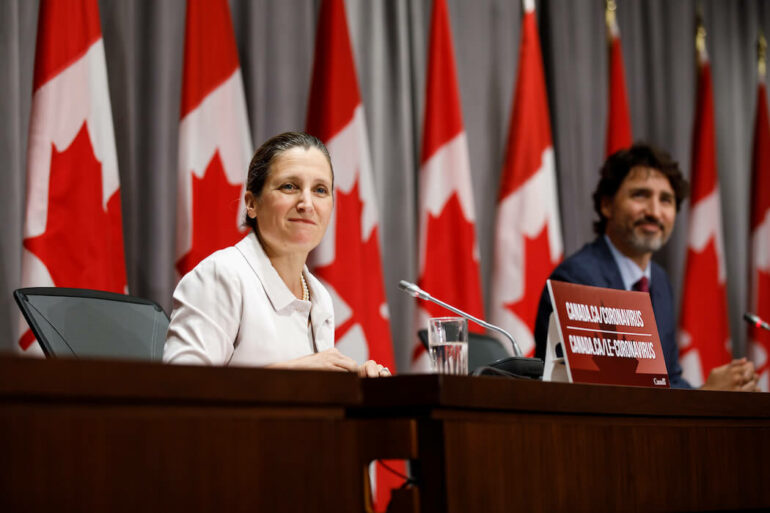Following months of discourse in the Canadian tech ecosystem on the 2024 federal budget, the Government of Canada has launched public consultations on a number of the budget’s proposals.
The Department of Finance is asking Canadians and stakeholders to share thoughts on several key proposals, including the capital gains tax changes, the Canadian Entrepreneurs’ Incentive (CEI), open banking, cleantech tax credits, and other legislative priorities first revealed in April. The window for consultations on the capital gains inclusion rate and lifetime capital gains exemption is open until Sept. 3, 2024, and the window on all other measures is open until Sept. 11.
Contact information to consult on general budget measures, as well as specific topics, can be found in the government’s release.
RELATED: How Canada’s capital gains tax changes might impact Canadian tech
Despite long-held anticipation from Canada’s FinTech sector, no target launch date was set for open banking in this year’s budget. Open banking is a consumer-directed finance system that will allow Canadians to securely share their financial data with third parties, such as FinTech companies, and make it easier to switch financial institutions.
The 2024 budget earmarked $1 million to the Financial Consumer Agency of Canada (FCAC) to oversee open banking and $4.1 million to the Department of Finance to establish and maintain an open banking framework and oversight entity.
Keeping with the Liberal government’s long-standing focus on cleantech and the green economy, Budget 2024 also included a new Electric Vehicle Supply Chain tax credit and updates to others. Some measures included expanding eligibility for the clean technology investment tax credit and introducing legislation to deliver the Clean Hydrogen and Clean Technology Manufacturing tax credits.
The changes to the capital gains inclusion rate and lifetime capital gains exemption has arguably captured the most attention from Canada’s tech ecosystem. In what it has described as an effort to make the country’s tax system “more fair,” the government proposed increasing the inclusion rate on capital gains from one-half to two-thirds. To offset this, the federal government also proposed increasing the lifetime capital gains exemption from $1 million CAD to $1.25 million CAD, which will continue to be indexed to inflation.
RELATED: Feds reveal new changes to Canadian Entrepreneurs’ Incentive as part of capital gains tax overhaul
Within a day of the budget dropping, more than 750 Canadian technology leaders signed an open letter calling on Ottawa to claw back the capital gains tax changes, which led to Finance Minister Chrystia Freeland to meet with a group of Canadian technology industry leaders. In May, another open letter from a collection of business groups maintained pressure on the federal government to walk back the plans. The government set the stage for the legislation in June, prompting Conservative leader Pierre Poilievre to blame “useless lobbyists” who were “utterly ineffective.”
The federal government also proposed the CEI, which will reduce the inclusion rate to 33.3 percent on a lifetime maximum of $2 million in eligible capital gains. According to the Government of Canada, this incentive was designed with the tech sector in mind and modelled after the qualified small business stock exemption in the United States.
Originally, the CEI was to be phased in over 10 years and available to entrepreneurs and founding investors in certain sectors who own at least 10 percent of shares in a business that has been their principal employment for at least five years. Last week, the federal government proposed to accelerate the phase-in period of the CEI, scale back certain ownership and engagement criteria, remove the founder requirement, and open eligibility to more small businesses.
With files from Josh Scott and Isabelle Kirkwood.
Image courtesy Flickr.


